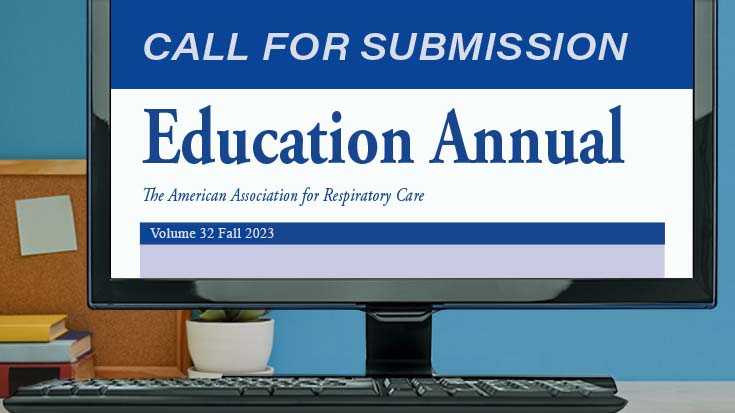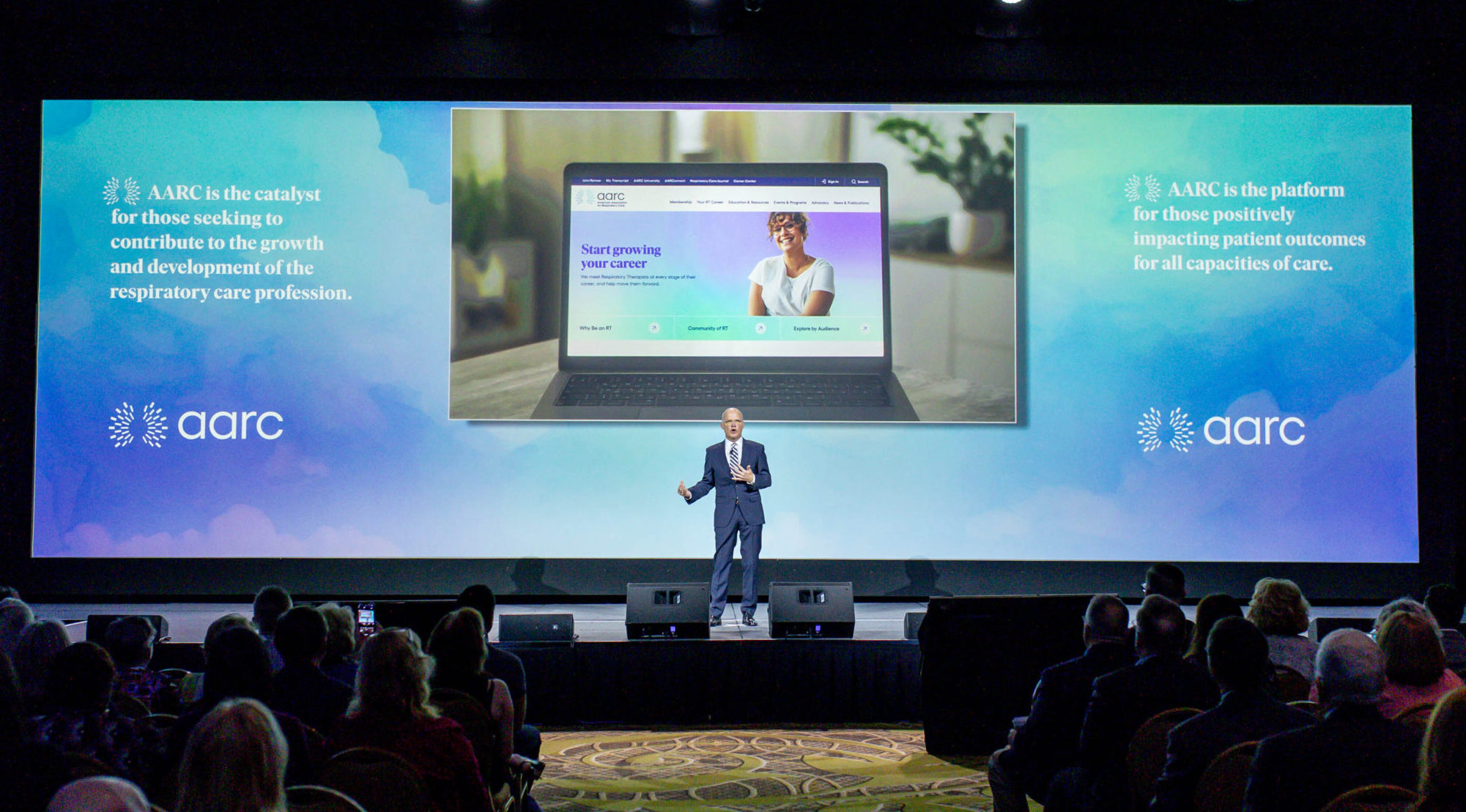
AARC Congress 2018 is coming up Dec. 4-7 in Las Vegas, and it has recently come to the Association’s attention that potential attendees and exhibitors alike are being targeted by outside entities with unauthorized registration and housing registration claims. How can you be sure you’re signing up for the real deal? Here are some best practices when shopping and great ways to tell the difference between unauthorized entities and official information from the AARC.
Emails: First and foremost, when reading an email that appears to be related to the Congress or AARC products and services, in general, take a moment to look at the email address it came from. Confirm the email related to purchases you might make from the AARC is coming from a trusted source, if you are unsure, contact AARC Customer Service.
Facebook: The AARC manages two Facebook Accounts:
| American Association for Respiratory Care – AARC | ||
| AARC Congress |
Twitter: Every official Twitter post from the AARC will come from the account name @aarc_tweets. Any tweets you get from a different handle are not officially sanctioned by the AARC.
Here are direct links to AARC Congress 2018 registration and housing –
Registration: http://www.aarc.org/aarc-meetings/congress-2018/
Housing: http://www.aarc.org/aarc-meetings/congress-2018/housing.php
Mail and phone: The AARC does not contact its members by phone to ask them to purchase anything. The exception would be if a staff member calls to clarify or assist with your registration, hotel reservation, or other billing and store needs. The Association does occasionally send members snail mail with offers requiring a purchase. All snail mail from the AARC will have this return address:
American Association for Respiratory Care
9425 N MacArthur Blvd, Suite 100
Irving TX 75063-4706
Why all this matters
Why should you care whether you are doing business with the AARC or unauthorized entities?
Number one on the list is, you could be getting scammed by those unauthorized entities. This is particularly true when it comes to meeting registrations. The ONLY place to sign up for AARC meetings and continuing education courses is through the AARC website, AARC.org. While some of the housing unofficial companies are legit, they may mislead people into believing they are representing the AARC. As a result, hotel pricing is usually higher, they typically won’t send a confirmation nor is it likely they’ll answer the phones when you call. Sometimes the rooms are waiting for you when you arrive at the hotel and sometimes not.
Best recommendation for housing: either make the reservation directly through the AARC or make a reservation yourself by calling the hotel. Don’t book a room through an email solicitation or phone call.
What about purchasing non-AARC related products, such as educational materials or t-shirts and other items aimed at promoting our National Respiratory Care Week and respiratory care in general?
Again, that’s up to you. But when you purchase those types of items directly from the AARC – and you’ll want to be sure you are in the AARC Store by looking for this exact URL: https://my.aarc.org/Shop/Product-Catalog — you benefit your professional organization. The AARC does partner with a promotional products retailer for Respiratory Care Week. You’ll find access to the RC Week store at the AARC.org site.
Any and all profits from the sale of RT-related courses, materials, and merchandise cycle back into the AARC to support the education and representation you have come to depend on from your professional organization.
Other things to watch for
Here are some other great ways to spot and avoid scams, brought to you by the Federal Trade Commission –
- Spot imposters. Scammers often pretend to be someone you trust, like a government official, a family member, a charity, or a company you do business with. Don’t send money or give out personal information in response to an unexpected request — whether it comes as a text, a phone call, or an email.
- Do online searches. Type a company or product name into your favorite search engine with words like “review,” “complaint” or “scam.” Or search for a phrase that describes your situation, like “IRS call.” You can even search for phone numbers to see if other people have reported them as scams.
- Don’t always believe your caller ID. Technology makes it easy for scammers to fake caller ID information, so the name and number you see aren’t always real. If someone calls asking for money or personal information, hang up. If you think the caller might be telling the truth, call back to a number you know is genuine.
- Don’t pay upfront for a promise. Someone might ask you to pay in advance for things like debt relief, credit and loan offers, mortgage assistance, or a job. They might even say you’ve won a prize, but first you must pay taxes or fees. If you do, they will probably take the money and disappear.
- Consider how you pay. Credit cards have significant fraud protection built in, but some payment methods don’t. Wiring money through services like Western Union or MoneyGram is risky because it’s nearly impossible to get your money back. That’s also true for reloadable cards (like MoneyPak or Reloadit) and gift cards (like iTunes or Google Play). Government offices and honest companies won’t require you to use these payment methods.
- Talk to someone. Before you give up your money or personal information, talk to someone you trust. Con artists want you to make decisions in a hurry. They might even threaten you. Slow down, check out the story, do an online search, consult an expert — or just tell a friend.
- Hang up on robocalls. If you answer the phone and hear a recorded sales pitch, hang up and report it to the FTC. These calls are illegal, and often the products are bogus. Don’t press 1 to speak to a person or to be taken off the list. That could lead to more calls.
- Be skeptical about free trial offers. Some companies use free trials to sign you up for products and bill you every month until you cancel. Before you agree to a free trial, research the company and read the cancellation policy. And always review your monthly statements for charges you don’t recognize.
- Don’t deposit a check and wire money back. By law, banks must make funds from deposited checks available within days but uncovering a fake check can take weeks. If a check you deposit turns out to be a fake, you’re responsible for repaying the bank.
- Sign up for free scam alerts from the FTC at ftc.gov/scams. Get the latest tips and advice about scams sent right to your inbox.
Email newsroom@aarc.org with questions or comments, we’d love to hear from you.
















